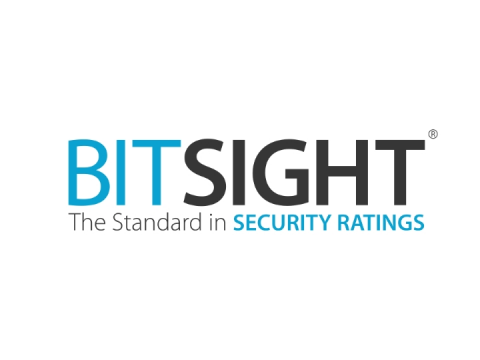A Practical Guide to Risk-Based Cybersecurity Reporting
Cyber attacks, in the popular imagination, come like thieves in the night. Masked men skulk undetected around tripwires and motion sensors, tip-toeing to their targets without triggering the alarms.
Closing the Visibility Gap: 5 Questions to Ask Yourself about Third-Party Risk
You must fully understand the risk that third parties iuce to your organization before you can effectively defend against it.
Understand and manage cyber risk in your expanding digital ecosystem
Confidently grow and scale your businesses knowing that you have continuous visibility into digital assets and cybersecurity risk. Plus, prioritize your actions so you can tackle your most critical areas of risk.
eBook: 3 Ways to Make Your Vendor Lifecycle More Efficient
As you think about your TPRM program, ask yourself these questions:
Ripples Across the Risk Surface Report
This report analyzes independent data gathered on over 800 multi-party cyber incidents observed over the last decade.
10 Essential Steps to Streamline Third-Party Risk Management Whitepaper
Third-party risk management (TPRM) isn’t a new concept, however, recent events have brought the discipline into the forefront like never before. Organizations in all industries rely on third parties, whether they be cloud service providers, suppliers, contractors, and other vendors.
Tips To Navigate The New Security Challenges
How to rethink your policies, processes, and plans to mitigate cyber risk in an increasingly remote workforce.
Identifying Unique Risks Of Work From Home‑ Remote Office Networks
In this white paper, we take a closer look at corporate-associated residential IP addresses (WFH-RO IPs) and discover attributes that pose uniquecybersecurity risks as compared to in-office corporate networks.

















